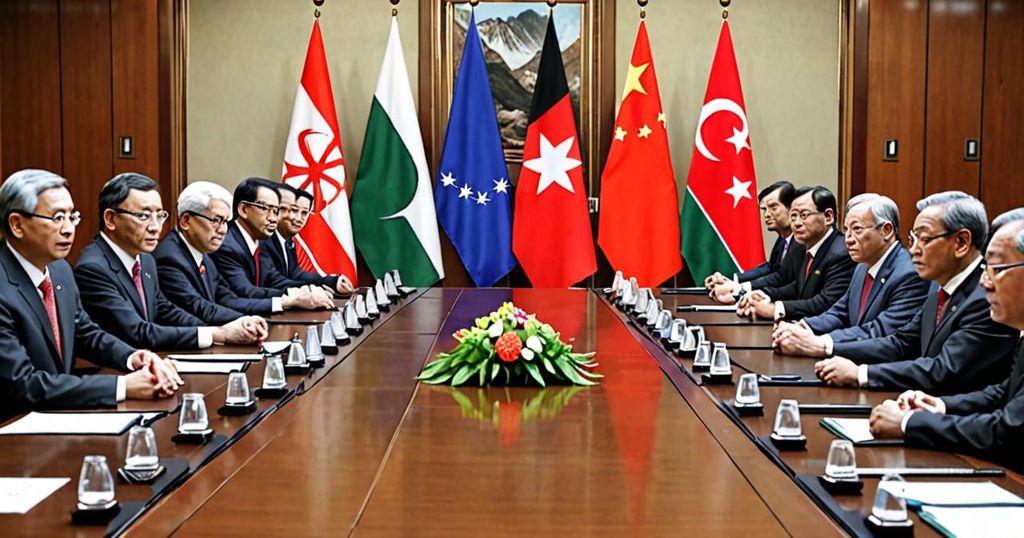The recent maritime clashes between China and the Philippines in the South China Sea have raised significant concerns regarding the potential for a larger conflict. However, the decision of both sides to engage in talks in Manila represents a positive step forward in mitigating tensions and finding peaceful resolutions to their differences.
One of the most alarming incidents occurred at Second Thomas Shoal in mid-June, where the Chinese coastguard intercepted a Philippine naval mission, resulting in injuries to eight sailors. The United States condemned China’s actions and reiterated its commitment to defending the Philippines under a longstanding treaty agreement. Despite external interference, both countries are now taking steps to de-escalate the situation and return to more constructive dialogue.
Former ambassador to the US, Cui Tiankai, emphasized the need to eliminate external interference and focus on fostering healthier and mutually beneficial relations between China and the Philippines. This sentiment is particularly relevant, considering the potential impact of the upcoming US election on the dynamics of the situation.
In light of growing mutual hostility, Malaysian Prime Minister Anwar Ibrahim has adopted a diplomatic and pragmatic approach by prioritizing his country’s interests and refusing to take sides in the China-US geopolitical tensions. His stance reflects the importance of promoting dialogue and cooperation between all parties involved in the South China Sea conflicts.
The key to resolving territorial disputes lies in negotiation rather than confrontation. Hostile actions only serve to further exacerbate tensions and undermine regional security. It is imperative that China and the Philippines continue to engage in dialogue and work towards mutually beneficial solutions for the peace and stability of the South China Sea and the broader Asian region.
By pursuing a diplomatic approach, both nations have the opportunity to lead by example and demonstrate the effectiveness of peaceful conflict resolution. The recent talks in Manila serve as a promising indication that dialogue and negotiation are the most effective means of settling territorial disputes. As global citizens, we must continue to advocate for diplomacy and peaceful solutions to ensure a harmonious and secure future for all nations involved in similar disputes.

Leave a Reply